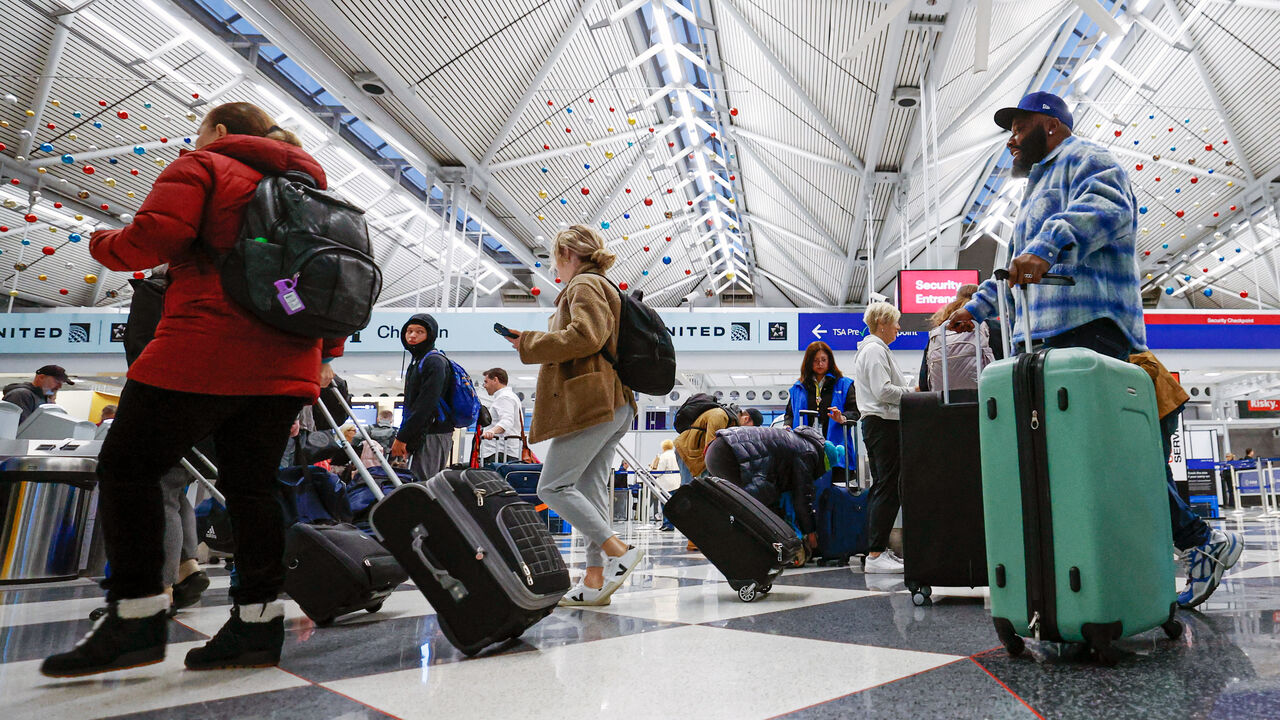Karen Friedman Agnifilo is a name that resonates with professionalism and expertise in the American legal landscape. With decades of experience in criminal law, she has established herself as a formidable attorney, legal strategist, and commentator. Known for her sharp intellect and nuanced understanding of the law, Friedman Agnifilo’s career spans both public service and private practice, highlighting her versatility and dedication to justice.
For many years, Friedman Agnifilo served as the Chief Assistant District Attorney in the Manhattan District Attorney’s Office. In this pivotal role, she was responsible for overseeing the office’s operations, including the management of complex legal strategies and high-profile prosecutions. During her tenure, she played a key role in reforming prosecutorial practices, emphasizing ethics and transparency, and addressing systemic issues within the criminal justice system. Her leadership was instrumental in steering the office through numerous challenging cases, cementing her reputation as a skilled and ethical prosecutor.
After leaving public service, Friedman Agnifilo transitioned to private practice, joining Agnifilo Intrater, a law firm specializing in complex and sensitive criminal matters. Her expertise has made her a sought-after defense attorney, capable of navigating intricate legal landscapes while ensuring her clients receive fair representation. Her work often focuses on high-stakes cases that demand both legal prowess and strategic thinking.
Beyond her courtroom achievements, Friedman Agnifilo has emerged as a respected legal analyst. She frequently appears in media outlets, offering insightful commentary on high-profile cases and broader legal issues. Her analysis reflects a deep understanding of criminal procedure, prosecutorial ethics, and justice reform, making her a trusted voice in the field.
Karen Friedman Agnifilo’s personal life also reflects her legal commitment, as she is married to Marc Agnifilo, another prominent attorney. Together, they form a dynamic legal duo, often at the forefront of significant cases that shape public discourse.
Karen Friedman Agnifilo’s career exemplifies a dedication to justice, fairness, and excellence. Whether as a prosecutor, defense attorney, or legal commentator, her contributions to the legal profession have been impactful and enduring, earning her recognition as a true champion of the law.
Recently, Friedman Agnifilo made headlines after being retained by Luigi Mangione, a 26-year-old charged with the murder of UnitedHealthcare CEO Brian Thompson. Mangione, who was apprehended in Pennsylvania after an intense manhunt will stand trial in ew York. This case has drawn national attention, with Mangione also facing separate charges for possessing a 3D-printed gun and fake identification.

 Blog Post1 week ago
Blog Post1 week ago
 Economics1 week ago
Economics1 week ago
 Finance1 week ago
Finance1 week ago
 Personal Finance1 week ago
Personal Finance1 week ago
 Accounting1 week ago
Accounting1 week ago
 Economics1 week ago
Economics1 week ago
 Personal Finance6 days ago
Personal Finance6 days ago
 Personal Finance1 week ago
Personal Finance1 week ago









